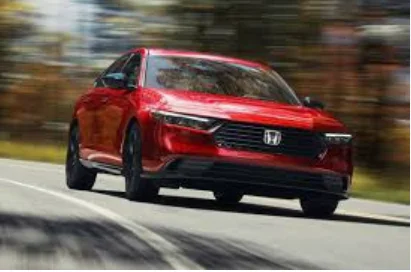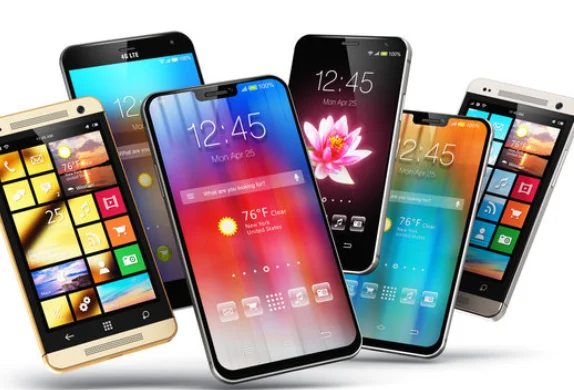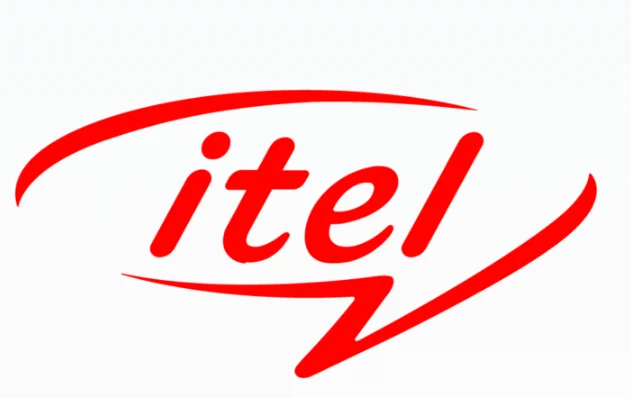Honda Motor, Japan’s second-largest automaker after Toyota, is shifting its strategic focus from electric vehicles (EVs) to hybrid models as global demand for EVs slows. On Tuesday, the company announced it would reduce its planned investment in electrification and software by 30%, cutting the budget to 7 trillion yen ($48.4 billion) by the 2030 fiscal year.
CEO Toshihiro Mibe explained that, while Honda previously aimed for EVs to make up 30% of its total sales by 2030, the new projection is closer to 20%. “It’s really hard to read the market,” Mibe noted during a press conference, citing uncertain consumer interest and evolving regulatory landscapes.
This strategic shift aligns with a broader industry trend, as multiple global automakers adjust their electrification goals. Many governments are also extending timelines for emission standards and EV adoption. For instance, former U.S. President Donald Trump recently reversed a Biden-era executive order aimed at ensuring all new vehicles sold in the U.S. by 2030 would be electric.
In response to market changes, Honda plans to introduce 13 next-generation hybrid models worldwide between 2027 and 2031. The company currently offers over a dozen hybrid models globally, with the Civic, Accord, and CR-V available in the U.S. A new hybrid system for larger vehicles is also in development, set to debut later this decade.
Honda aims to boost hybrid sales significantly, targeting between 2.2 million and 2.3 million hybrid units by 2030, up from 868,000 units sold in 2024. This target represents a major portion of Honda’s total annual vehicle sales, which stood at 3.8 million last year.
Earlier this month, Honda also paused its C$15 billion ($10.7 billion) EV production facility plan in Ontario, Canada, citing weak demand. Despite these setbacks, the company reaffirmed its long-term commitment to sustainability, aiming for all new vehicles to be battery-electric or hydrogen fuel-cell powered by 2040.
Other automakers like Nissan are following suit, with the company recently cancelling a $1.1 billion battery plant project in Kyushu, just months after its announcement.












